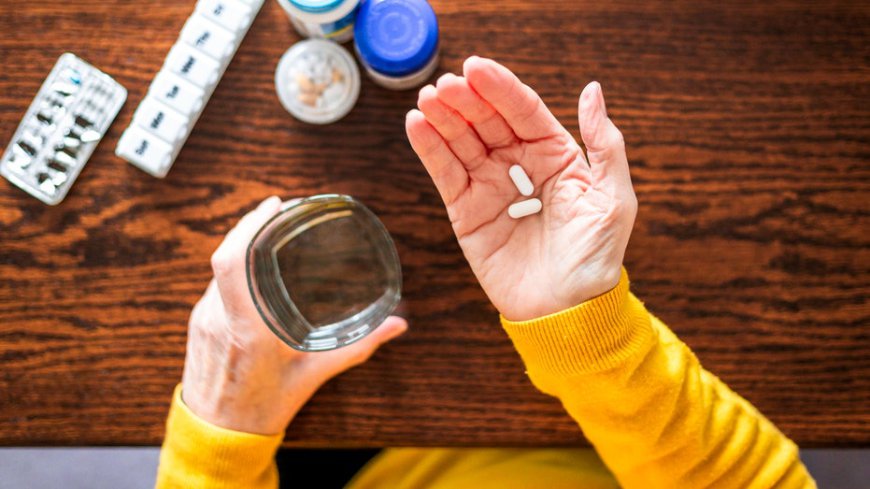New weekly injection for Parkinson's could replace daily pill for millions, study suggests
Research shows promising results for a weekly injectable Parkinson's treatment that maintains consistent medication levels, possibly eliminating multiple daily pills.

A new weekly injectable drug could transform the lives of more than eight million people living with Parkinson’s disease, potentially replacing the need for daily pills.
Scientists from the University of South Australia (UniSA) developed a long-acting injectable formulation that provides two key Parkinson’s medications for an entire week.
There is currently no cure for Parkinson’s, which is the second-most common neurological disorder, affecting more than one million Americans, according to the Parkinson's Foundation.
STANFORD SCIENTISTS 'TOTALLY SURPRISED' BY POTENTIAL PARKINSON'S TREATMENT DISCOVERY
To manage symptoms like tremors, rigidity and slow movement, patients typically take daily oral medications, such as levodopa and carbidopa, according to the university's press release.
This method can be especially difficult for individuals who have trouble swallowing or are otherwise unable to take the pills consistently, leading to irregular medication levels, increased side effects and reduced effectiveness.
Levodopa is the "gold-standard therapy for Parkinson’s," according to lead researcher Professor Sanjay Garg at UniSA, but its short lifespan means it must be taken several times a day.
The researchers tested an injectable gel implant that combines an FDA-approved biodegradable substance with a pH-sensitive substance to achieve a controlled and sustained drug release.
PARKINSON'S PATIENTS WHO TAKE 'MAGIC MUSHROOMS' SEE KEY BENEFITS, STUDY FINDS
The gel is injected through a single shot under the skin or into the muscle tissue, which means there’s no need for a surgical implant and discomfort is minimal, they noted.
The team found that the gel gradually released the key Parkinson's medications (90% of the levodopa drug and 81% of the carbidopa) over the course of one week.
The findings were published in the journal Drug Delivery and Translational Research.
"Reducing the frequency of dosing from multiple times a day to a weekly injection is a major step forward in Parkinson’s therapy," Garg said in the release. "We’re not just improving how the drug is delivered; we’re improving patients’ lives."
Extensive lab tests confirmed the system’s effectiveness and safety.
The implant degraded by over 80% within a week and showed no significant toxicity in cell viability tests.
"The implications of this research are profound," Garg added.
Deepa Nakmode, a PhD student at the University of South Australia, noted that this method is designed to release both levodopa and carbidopa steadily over one week, maintaining consistent plasma levels and reducing the risks associated with fluctuating drug concentrations.
"After years of focused research, it’s incredibly rewarding to see our innovation in long-acting injectables for Parkinson’s disease reach this stage," he said in the release.
The team's invention has now been filed for an Australian patent, Nakmode added.
The technology could also be adapted for other chronic conditions, such as cancer, diabetes, neurodegenerative disorders, chronic pain and infections that require long-term drug delivery, according to Garg.
CLICK HERE TO SIGN UP FOR OUR HEALTH NEWSLETTER
The system can be tuned to release drugs over a period ranging from a few days to several weeks, depending on therapeutic needs.
For more Health articles, visit www.foxnews.com/health
Scientists hope to start clinical trials in the near future and are exploring opportunities to make the gel commercially available.
What's Your Reaction?
























